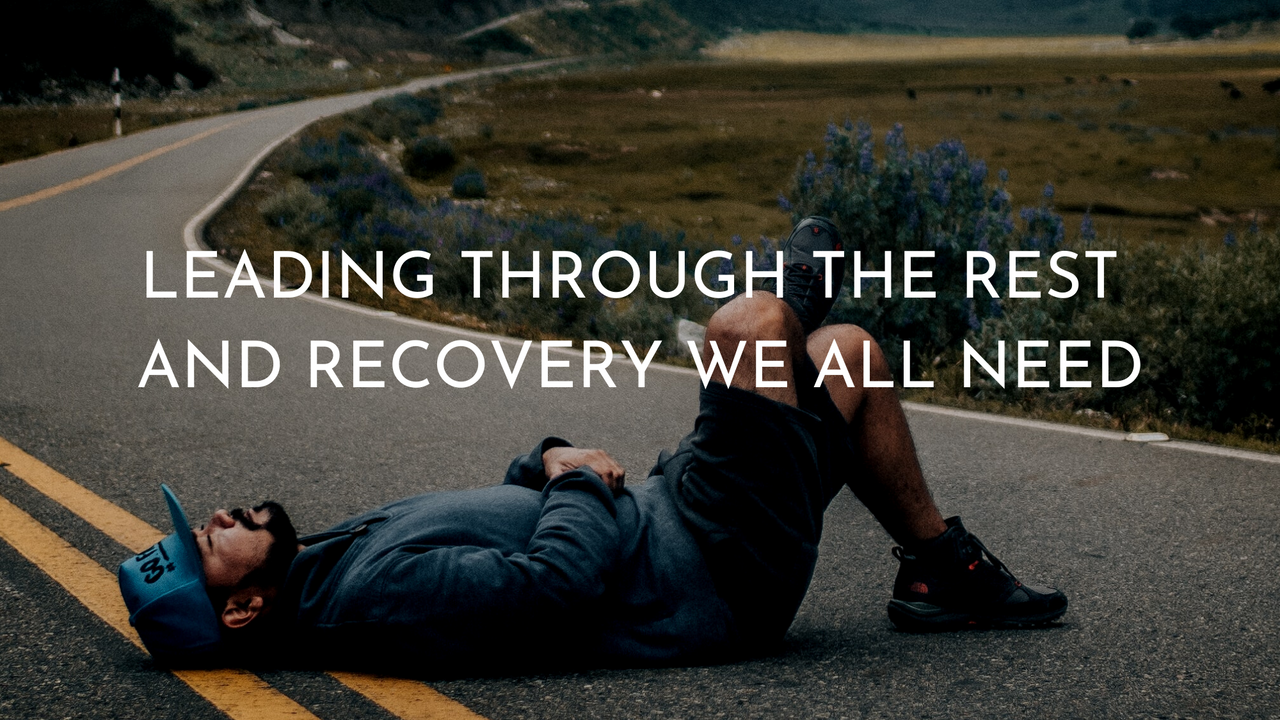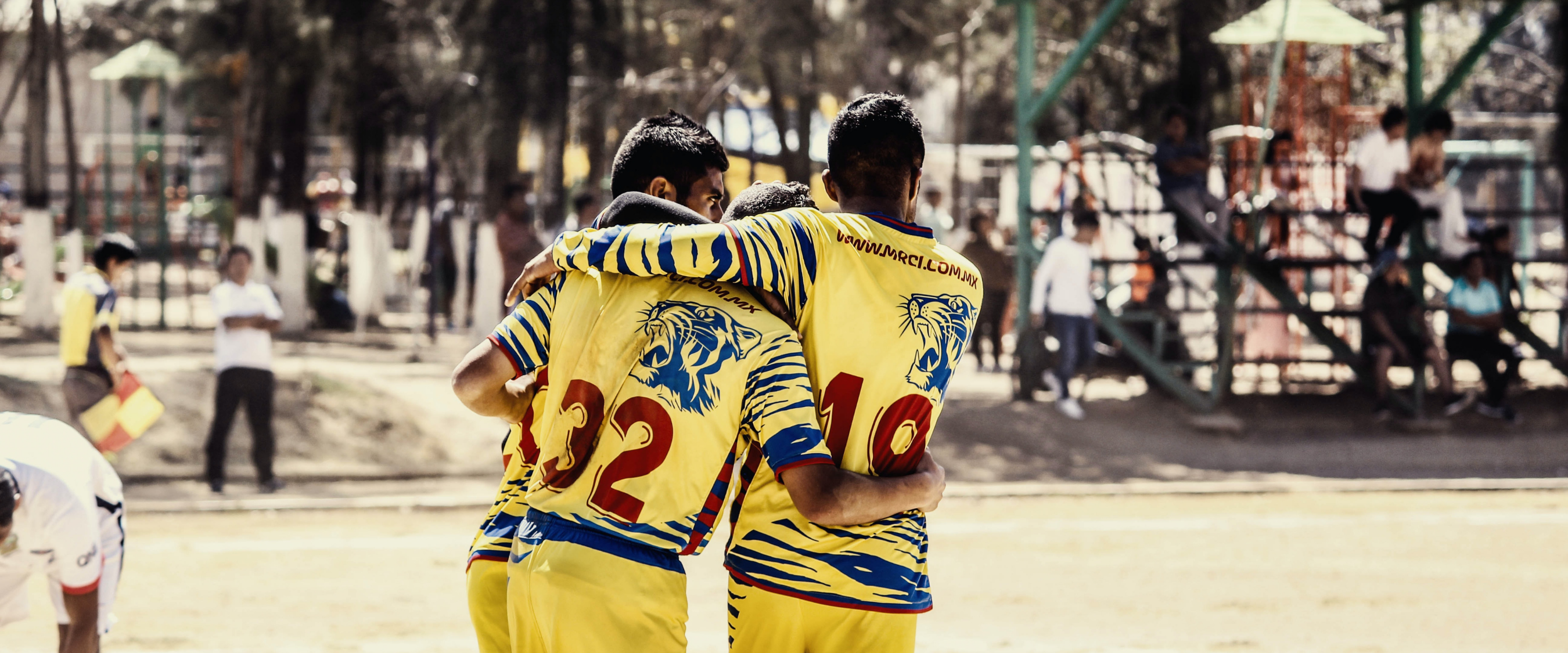Leading Through the Rest and Recovery We All Need
Mar 16, 2022
“We need time to rehabilitate from the trauma of the pandemic” as Dr. David Rock, CEO of the NeuroLeadership Institute, wrote in the Harvard Business Review in February. This is a crucial pattern for all leaders and teams to take note of with many more contributing factors than just the pandemic.
It's notable when I have a moment when I'm having the same conversation across all my clients. This is one of those moments.
Here are some factors contributing to why we’re seeing such a widespread pattern:
Immersion in a constant trauma field in the world & media
Continual immersion in traumatic circumstances for the last 2 years — including the pandemic and many spheres beyond— has had tangible impacts on people’s nervous systems, mental & physical health, and energy. Beyond mental health, this stress and trauma impact our hormones, our energy reserves, organ function, immune system, our bodies' ability to go into “rest & repair” states… all levels of being.
Emotional and existential exhaustion
The diversity of turbulent and tumultuous events in the last two years — many based in violence or threat to life of different types of people — has left many people emotionally and existentially exhausted. The constant asking of "Am I safe?" and questioning what this all means about humanity and our future has weighed (and continues to weigh) heavy on many people's hearts and spirits. At present, this pattern is blooming into renewed view via the war in Ukraine and all the ways it's pulling on our globally interconnected reality.

Cultural pressure fields at work to keep pushing
Many workplaces have held onto sprinting culture and asking people to dig deep “just one more time” over and over again while also having no/low cultural capacity or practices that foster real rest. This is exacerbated when individual leaders with decision-making power (who’ve been rewarded their whole lives for being mega go-getters) do not have skills for deep rest, since their behaviors often set cultural standards. Aka leaders who don’t know how to rest create tired teams.
Active denial of fatigue & lack of skills in deep rest
Because “pushing through” is so ingrained and toxically celebrated in work culture at the same time that we don’t truly understand how rest gives birth to creative energy (and accordingly don’t know how to achieve actual resting states), most people are overriding their sensing and their bodies’ signs to embrace the deep rest they need. This worsens the cycle and digs us deeper into the hole.
*FYI, if you check in with yourself now, you might be more tired than you’ve realized.
Differing levels of impact and access to rest
As leaders, we need to acknowledge and account for the similarities and differences this context has asked of each of us. There has been an enormous load placed on: front-line workers and healers, oppressed identity groups, DEI specialists, parents and caretakers, people who’ve lost loved ones, folks with disabilities and chronic illness, refugees, empaths, those who’ve lost jobs, business owners hustling to keep the lights on, and more… There are so many types of strains, traumas, and hurt that have piled up in rapid succession. We care for each other better when we make space to know the hurts and learn how to love and support each other, specifically.
Closeted about fatigue because of stigma
Those who CAN feel their fatigue then face the stigma of speaking up about their needs in cultures that value production over wholeness and regenerative capacity, when most people around them appear “just fine” (*hello, historical and persistent influence of labor extraction). This is showing up in our DMs, coaching sessions, and program calls as a waterfall of closeted confessions of how tired people really are and how they feel at a loss of what to do.
Systems healers have overextended on the front lines at work
For those in the Wayfinding community who are so inclined to serve the whole (as you know, we call you systems healers), many of you have overextended yourselves on behalf of others way more than one too many times at this point, because you’re driven to serve and you may be your community’s favorite crisis responder. Taking care of yourself is critical to doing your necessary work in the world —in addition to experiencing joy and beauty in life too. We champion you caring for yourselves.

From my view, all of this is driving levels of personal and systemic exhaustion I would estimate that we have never seen at such a scale (certainly in my lifetime), and I see us hitting a new octave of strain as a collective.
What do the impacts of stress really mean for our bodies?
As I learned from Kristina Forester of Forester Somatics recently, stress causes our systems to contract on all levels, and while those effects are not linear there is a simplified order of impact that’s important to know about:
- If your musculoskeletal system can’t rest and relax, then your nerves can’t relax.
- If your nerves can’t soften and relax, then your organs can’t rest.
- If your organs can’t rest, then they can’t perform their full functions of systems maintenance and repair for the body including processing toxins, cell regeneration, digestion, hormone production, etc.
This means that if you're experiencing embodied impacts of stress, that your body is likely more toxic, undernourished, and less alive on the cellular level.
The stakes are higher when we look at the Traditional Chinese Medicine perspective.
In TCM there are three types of energy:
- Jing—deep reserves of life force
- Qi—everyday energy
- Shen—essence or spirit
When we deplete our qi, we begin to draw on our post-natal jing. And when we run out of that, we draw on our pre-natal jing, which is viewed as the unalterable life force cards we’re dealt when born that can’t be restored.
Namely, when we draw on our pre-natal jing, we shorten our lifespan. So what’s really at stake here by not accessing deep states of rest is our proper body function and longevity.
According to Dr. Gabriel Cousens, most people in today's world prior to the pandemic had a Jing deficiency which undermines our total healing ability, so the likely conclusion is that said pattern has just worsened post-pandemic. (If you want a deeper run-down on Jing, Qi, and Shen, watch this video by Dr. Gabriel Cousens.)
It’s time that we start accounting for health and wellbeing as necessary growth metrics in organizations as a baseline best practice.
If you resonate with the patterns of deep fatigue here, please know you’re not crazy, there’s nothing wrong with you, your sensing is working, and your wise animal body still needs more rest, quiet, and stillness than you’ve been giving yourself. And if you pursue that rest as a leader, WOW, what a gift across scales because those benefits will cascade far beyond yourself.
If the above doesn’t feel true for you personally and especially if you’re a leader, please know that it’s likely true for people on your team. So it’s important to factor into your choices and priorities. Listen to the still somewhat early signs now. Not doing so, could result in severe consequences for your team performance, retention, and people's health.
As leaders, how can we support our teams in this context?
All gears don’t need to grind to a halt at your workplace or in your life to renew, and clear seeing of this moment is giving us the opportunity to learn how to regenerate ourselves while in motion.
We’ve felt it in our own way as a Wayfinding team and focus on each of us honoring our re-sourcing priorities. As a group, we know we've been in a restoration mode and have planned accordingly while also taking personal responsibility for our own restoration. I myself took Fridays off for 6 weeks to invest in healing practices and doctor's visits. Awareness of our energy is part of what we share daily, while also serving our amazing Wayfinding community, and we track our aliveness as a key metric of business success for our team. Thankfully our library of tools is full of resources to regenerate ourselves.
Here are some first steps you can take:
- Acknowledge the context I've shared here above, and what it's asked of us — in similar and different ways
-
Identify, share, and commit to your highest leverage practices for rest and renewal as a team.
-
Stay connected as a team about resourcing yourselves in motion and what may need to shift or stop.
The turbulence of our outer context is asking us to rise, yet again, in our skills for staying centered, resourced, and balanced.
If you want to up your practices and skills for being resourced and connected to your power in challenging times, please reach out.
We’re here to help.







